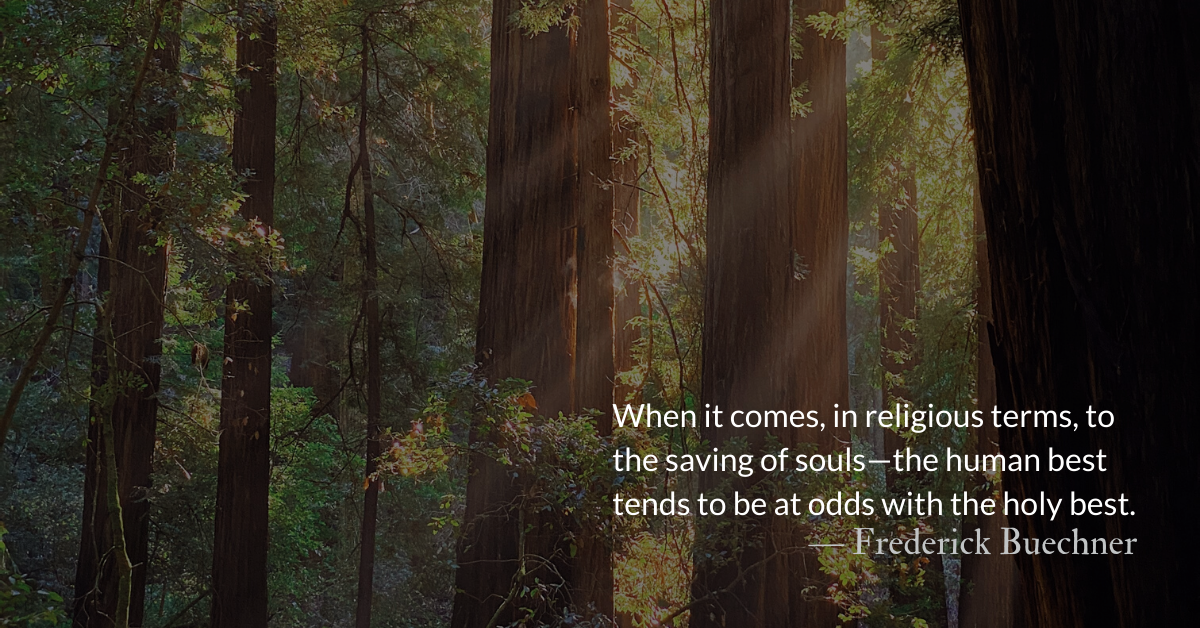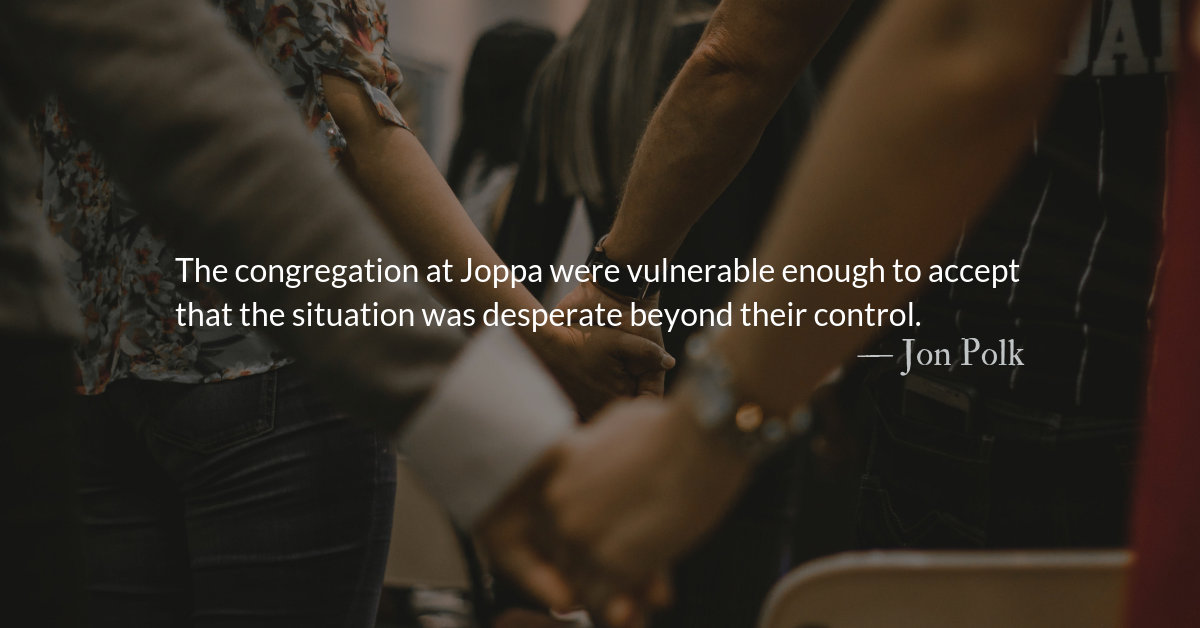Scripture Focus: Acts 9:13-14
“Lord,” Ananias answered, “I have heard many reports about this man and all the harm he has done to your holy people in Jerusalem. And he has come here with authority from the chief priests to arrest all who call on your name.”
Reflection: Glorious Unimportance
By Robert Hillier
Growing up, I enjoyed playing sports even though I have never been the most athletic person. Effort? I had that. Athleticism and raw skill? Not as much. This meant playing positions that didn’t bring a lot of glory. I never took the winning shot or threw touchdowns, but I rebounded and blocked for those who did. There wasn’t a lot of glory around it, and the times that I was most noticeable were when I failed.
In Acts 9, it is easy to focus on Paul’s incredible transformation from persecuting Christians to preaching in synagogues within a span of twenty verses. We are rightly amazed that God can and will transform anyone for His glory. The rest of Acts recounts Paul’s ministry. That being said, it is easy to overlook Ananias. God called him to a seemingly dangerous and unglamorous job of healing a man known for zealous persecution of Christians. Ananias’s reluctance is understandable. What if if he had disobeyed the call? What would become of Paul’s church planting, ministry, and letter writing? Would it have come about at all?
It would be overly bold to think one person’s disobedience could subvert God’s plan but think about what comes from Ananias’s obedience. Ananias doesn’t get the glory, preaching time, or write half of the New Testament like Paul does. But like the offensive lineman who blocks so that the quarterback can throw the touchdown or the church custodian who makes sure that the sanctuary is clean for Sunday, Ananias’s simple obedience is crucial and pays dividends. Often workers behind the scenes go unnoticed as long as the job is done.
The reality is that God can do incredible things through our simple obedience to his commands and we may never know the outcomes. We don’t know whether or not Ananias knew what Paul and his ministry came to be. When results aren’t seen, it is easy to become discouraged in our obedience. However, we can always have faith in God’s plan and that our obedience to His call and command will never go to waste.
Divine Hours Prayer: The Greeting
You are my hope, O Lord God, my confidence since I was young. — Psalm 71.5
Today’s Readings
Isaiah 51 (Listen – 4:35)
Acts 9 (Listen – 6:05)
Today’s Readings
Isaiah 52 (Listen – 2:46) Acts 10 (Listen – 5:49)
Isaiah 53 (Listen – 2:39) Acts 11 (Listen – 3:52)
Read more about Eating With Enemies
When Christ leads us into the heavenly city, we will find ourselves dining and worshiping with people we harmed or who harmed us.









